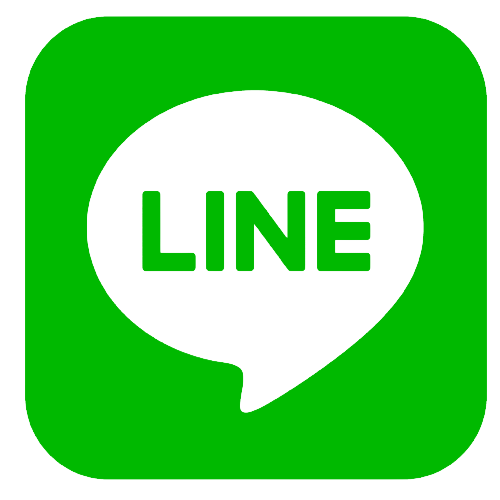Types of Mechanical Valves in the Industrial Valve Industry: Their Advantages, Disadvantages and Applications
Types of Mechanical Valves in the Industrial Valve Industry: Their Advantages, Disadvantages and Applications
The industrial valve industry plays an important role in pipeline systems, helping to control and regulate the flow of liquids, gases, and vapors. Below is an article about popular types of mechanical valves in the industrial valve industry: gate valves, globe valves, ball valves, butterfly valves, check valves, Y filter valves, needle valves, angle valves, diaphragm valves, and micro valves. born. We will analyze the advantages, disadvantages and applications of each type of valve.
1. Gate Valve
Advantage:
• Simple design, easy to maintain.
• Causes little pressure drop when fully open.
• Suitable for fully open/closed applications.
Defect:
• Not suitable for flow regulation.
• Can get stuck when the fluid contains sediment.
Application:
• Water supply and wastewater treatment systems.
• Petroleum and chemical industry.
2. Globe Valve
Advantage:
• Precise flow control.
• Quickly open/close.
• Ability to withstand high pressure.
Defect:
• Creates a large pressure drop.
• Large size and heavy weight.
Application:
• Steam and hot water systems.
• Petroleum and chemical industry.
3. Ball Valve
Advantage:
• Quickly open/close.
• High tightness, little leakage.
• Long lifespan and little maintenance required.
Defect:
• Not suitable for precise flow regulation.
• May get stuck if the fluid contains sediment.
Application:
• Water, oil and gas pipelines.
• Applications that require quick opening/closing.
4. Butterfly Valve
Advantage:
• Compact and lightweight.
• Quickly open/close.
• Suitable for narrow spaces.
Defect:
• Not completely sealed, there may be small leaks.
• Less suitable for applications requiring precise control.
Application:
• Water supply and wastewater treatment systems.
• Food and beverage industry.
5. Check Valve
Advantage:
• Prevent backflow.
• Operates automatically without intervention.
Defect:
• May get stuck if there is residue.
• Pressure loss is higher than other valves.
Application:
• Water pumping system, water supply system.
• Petroleum and chemical industry.
6. Y-Strainer Valve
Advantage:
• Remove dirt from the system.
• Easy to maintain and clean.
Defect:
• Regular cleaning is required.
• Creates a pressure drop when there is a lot of residue.
Application:
• Water supply system, steam system.
• Petroleum and chemical industry.
7. Needle Valve
Advantage:
• Precise flow adjustment.
• High tightness.
Defect:
• Not suitable for large flows.
• Needs precise operation to adjust.
Application:
• Pressure measurement and control system.
• Chemical and pharmaceutical industry.
8. Angle Valve
Advantage:
• Fine flow regulation.
• Corner design reduces installation space.
Defect:
• Can create high pressure drops.
• Needs regular maintenance.
Application:
• Water and steam supply system.
• Petroleum and chemical industry.
9. Diaphragm Valve
Advantage:
• There are no internal moving parts in contact with the fluid.
• Good for corrosive and dirty liquids.
Defect:
• Cannot withstand high pressure.
• Diaphragm life is shorter than other types of valves.
Application:
• Food and pharmaceutical industry.
• Water and wastewater treatment.
10. Sanitary Valve
Advantage:
• Easy-to-clean design.
• Meets strict hygiene standards.
Defect:
• Cost is higher than other types of valves.
• Requires regular maintenance and inspection.
Application:
• Food, pharmaceutical, beverage industry.
• Applications requiring high hygiene standards.
Conclude
Each type of mechanical valve in the industrial valve industry has its own advantages and disadvantages, along with specific applications in pipeline systems. Choosing the right valve type to suit the technical requirements and operating environment is important to ensure system performance and reliability. Businesses need to carefully consider these factors to choose and use mechanical valves most effectively.
________________________________________
Phuc Minh Engineering specializes in distributing:
• Tozen industrial valve
• Tozen gate valve
• Tozen globe valve
• Tozen ball valve
• Tozen butterfly valve
• Tozen one-way valve
• Y Tozen filter valve
• VYC needle valve
• Tozen angle valve
• NDV Diaphragm Valve, Swissfluid Diaphragm Valve
• NDV microbiological valve
Use this article to better understand the types of valves in the industry and choose the most suitable product for your system.
Contact Info:
• Phuc Minh Engineering Company Limited
• Email: info@pm-e.vn
• Tel: 028-3535.2125
• Fax: 028-3535.0254
• Web: pm-e.vn
• Address: 92/38 Street 12, Quarter 18, Binh Hung Hoa Ward, Binh Tan District, Ho Chi Minh City.
• Zalo: 0902720814 - 0907450506 - 0902800728 - 0979737351
Related News
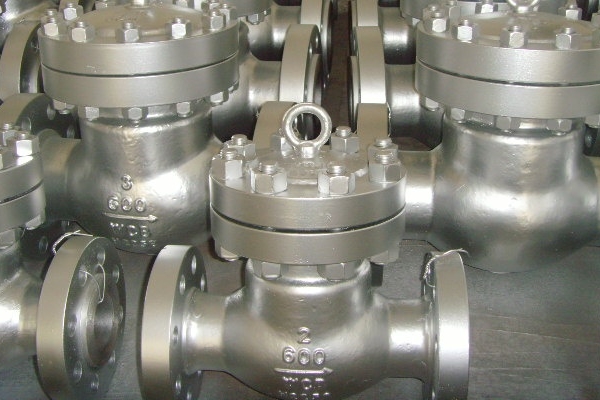
inVal Industrial Valves: Stainless Steel Gate Valve Solution for Chemicals
20/12/2025
Discover VinVal industrial valve lines, especially specialized stainless steel gate valves. Learn how to select the most effective valve for corrosive chemicals
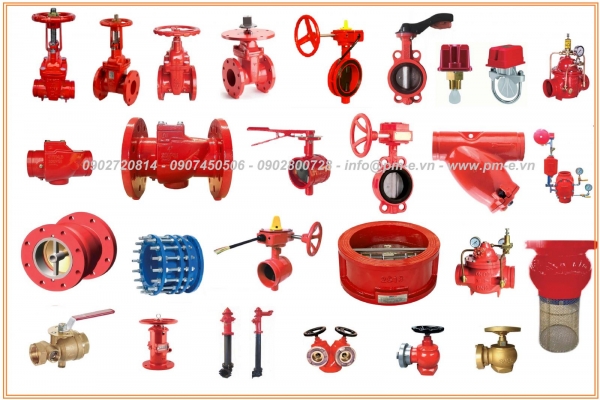
VinVal Industrial Water Valves: Stainless Steel Globe Valves & Pipeline Solutions from PM-E
20/12/2025
Discover high-quality VinVal industrial water valves. PM-E specializes in providing stainless steel globe valves and diverse fluid control solutions for your pipeline systems.
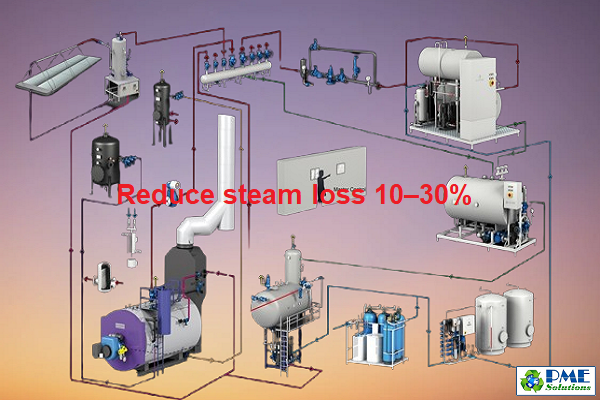
Steam Energy-Saving Solutions for Factories | Phuc Minh Engineering
17/12/2025
Optimize your steam system with Phuc Minh Engineering. Reduce energy loss, increase boiler efficiency, and cut fuel costs by 10–30%. Contact us now.
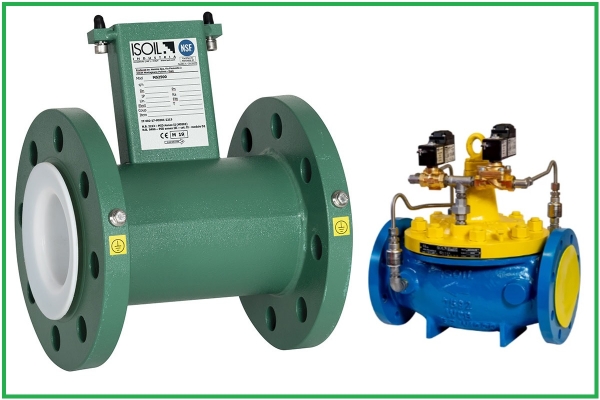
Flow Measurement & Pressure Control Solutions.
17/12/2025
Solutions for measuring flow and controlling pressure in steam, air, water, oil, and chemical systems. Optimize operations – reduce losses – enhance safety. Contact Phuc Minh.
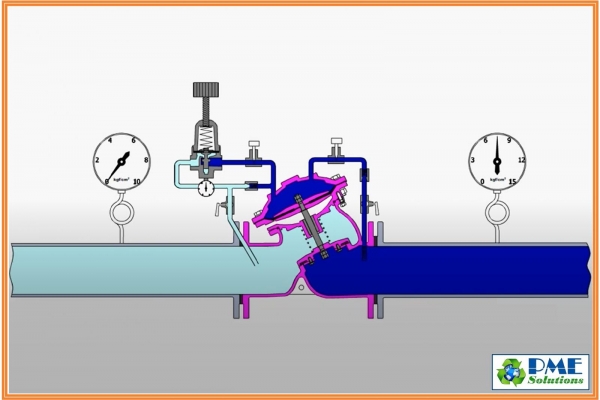
What Is a Pressure Reducing Valve? Structure – Working Principle – How to Select the Best PRV for Industrial Plants (2025)
17/12/2025
A Pressure Reducing Valve (PRV) is a device used to reduce high inlet pressure to a stable, lower outlet pressure, helping protect piping systems, instruments, and machinery while improving operational safety. PRVs are widely used in: Steam systems Compressed air, gas, nitrogen Clean water – process water – chilled water Oil, chemicals, and other industrial media







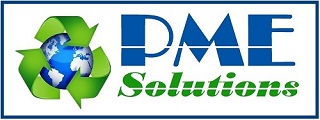

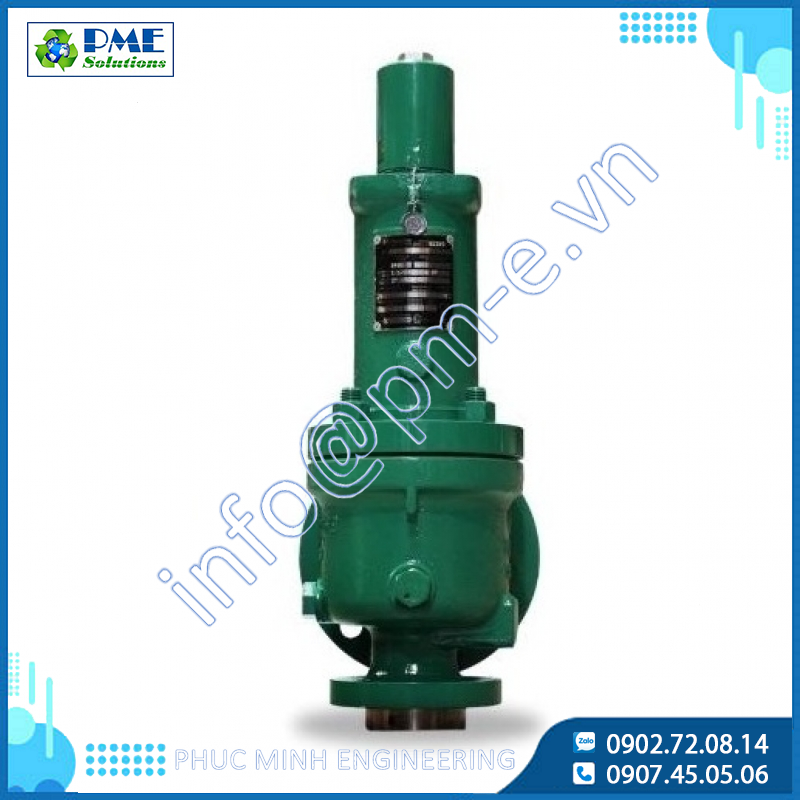
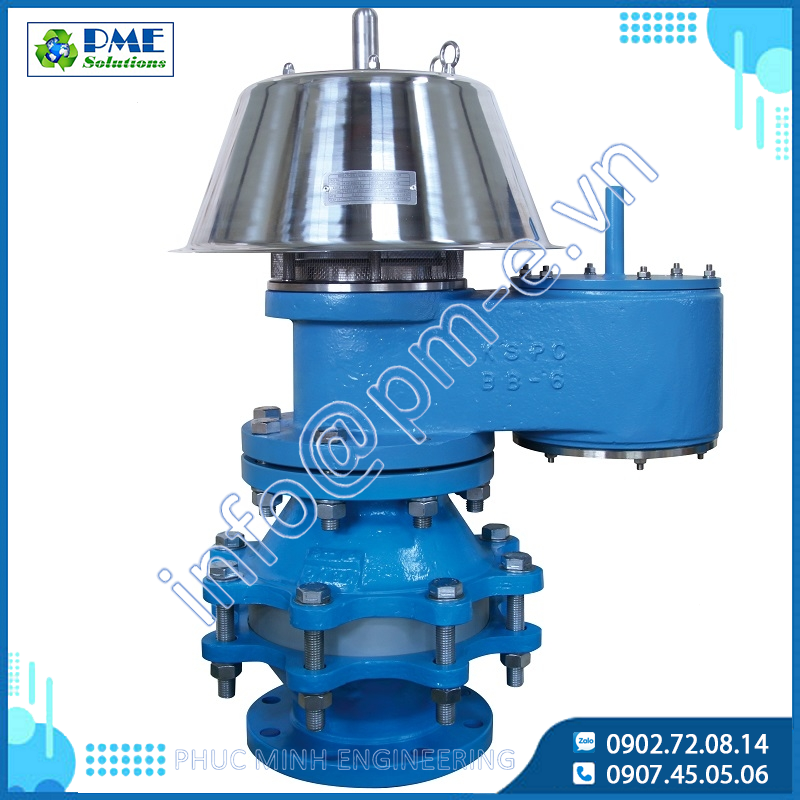
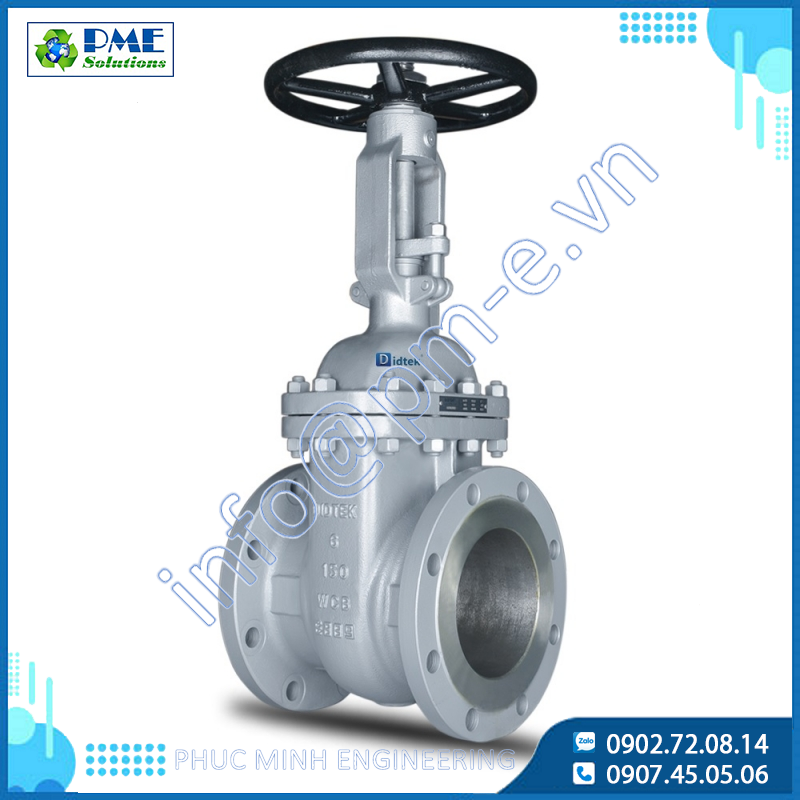
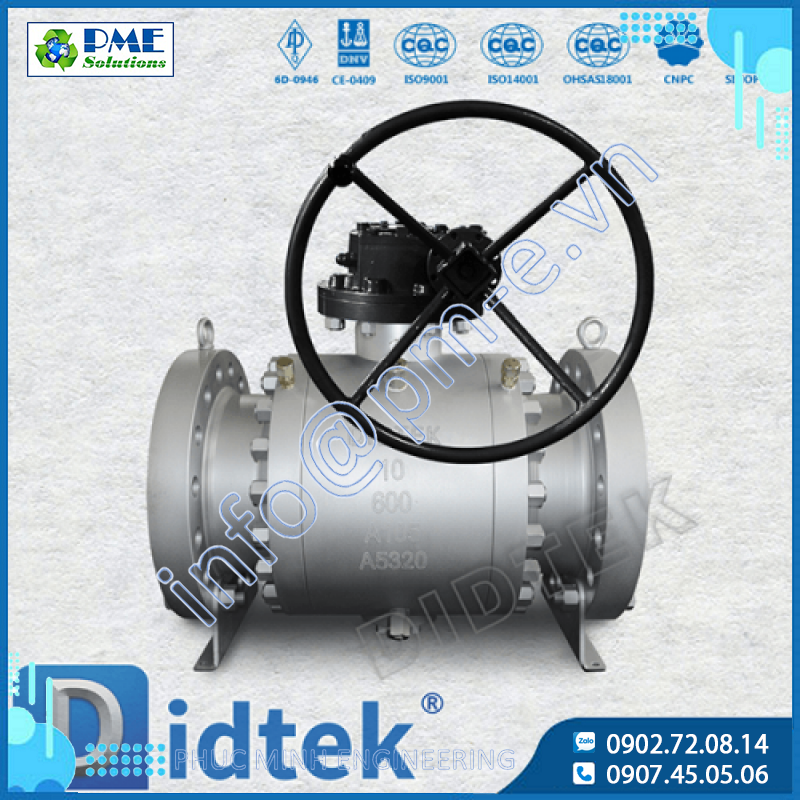
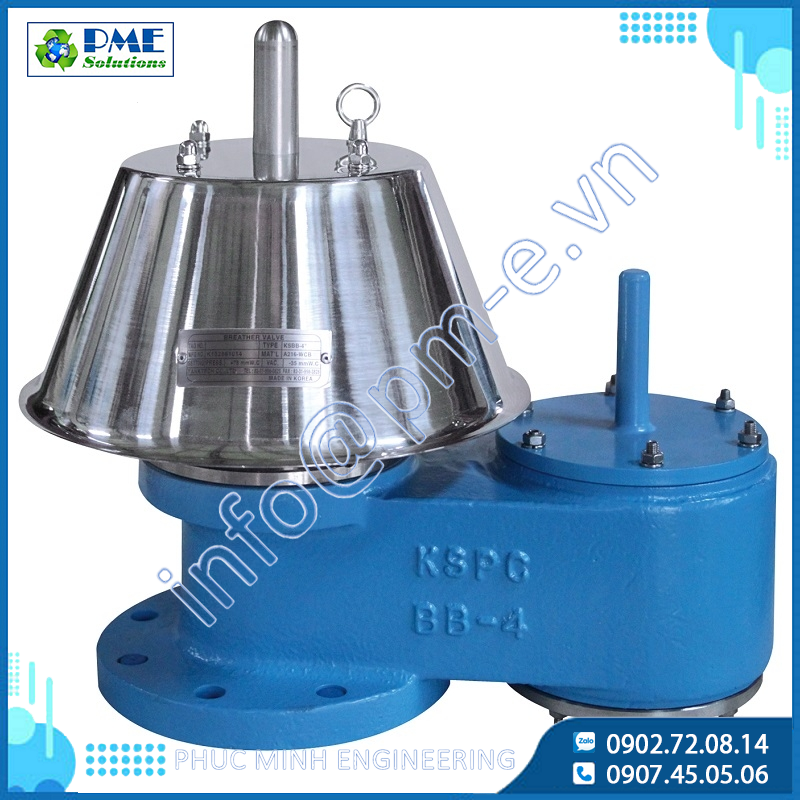
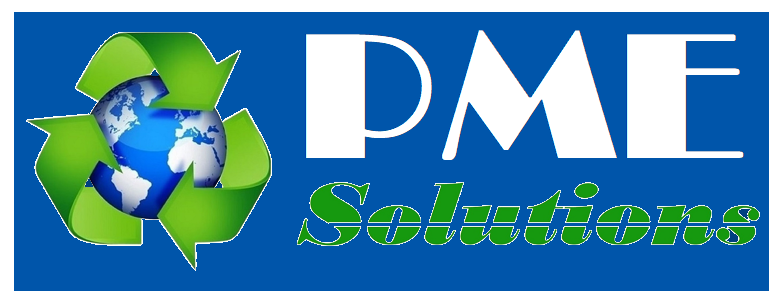

.png)





